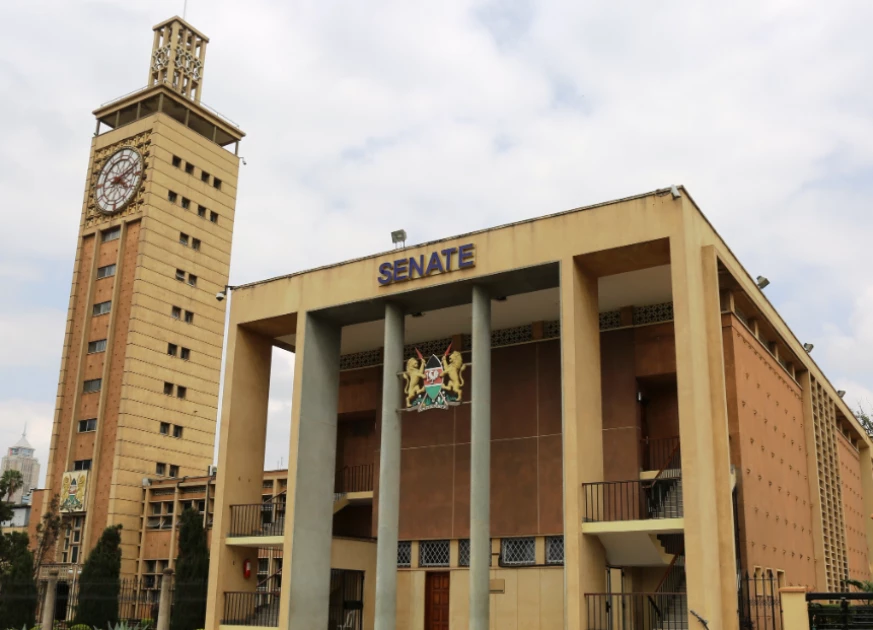OPINION: Legal missteps that could undermine the Senate's Tobacco Bill

File image of the Senate of Kenya.

Audio By Vocalize
By Mwaura Kabata
Over the past two weeks or so, I have noticed media reports detailing dissatisfaction among sections of small business owners across the country regarding the Tobacco Control (Amendment) Bill, 2024, currently before the Senate. The reports cite a lack of public participation as one of the key reasons for the discontent, with business owners arguing that the Bill threatens their livelihoods.
A quick read through the Bill’s digest on the parliamentary website suggests what appears to be a well-intentioned effort to further regulate tobacco and nicotine products, particularly because the Tobacco Control Act of 2007 does not recognize new and emerging products in the sector, such as vapes and nicotine pouches.
However, a closer look at the Bill’s progress on the Senate tracker, along with a review of due process actions, points to a concerning sequence of missteps that could easily lead to its downfall if not addressed.
One standout aspect is that the Bill seems to have sailed through Second Reading without the Senate Health Committee’s report — a critical document meant to synthesize public views. While Standing Order 148 technically permits a Bill to proceed if the Committee report is not presented within thirty days of its tabling, this procedural compliance fails to satisfy constitutional requirements.
This provision in the Standing Orders dangerously relegates public participation to a mere suggestion — seemingly indicating that a report by a Committee (which contains a record of public participation) is a mere formality.
Such a move fundamentally misinterprets our constitutional framework. The Supreme Court, in the recent Finance Bill case, explicitly recognized that while representatives make legislative decisions, meaningful public participation remains essential for democratic legitimacy.
In 2019, the Supreme Court, in the case of BAT v. Ministry of Health & Others, opined — in what has since been adopted as the True North of public participation — that participation must be real and not illusory, adding that “It is not a cosmetic or public relations act... but must be purposive and meaningful.” This jurisprudence directly addresses tobacco regulation, making the Senate's procedural shortcuts particularly troubling.
Public participation transcends simply allowing people to speak; it requires genuinely listening to them. The responsibility for ensuring meaningful participation lies with the Senate itself. As former Chief Justice Willy Mutunga noted in the National Land Commission case, participation of the people remains a fundamental pillar of Kenya's constitutional history.
The rushed advancement of this Bill creates a worrisome precedent, suggesting that constitutional requirements are malleable — adhered to when convenient and circumvented when not. Such an approach fundamentally undermines the rule of law and risks judicial intervention.
When the Senate ignores proper consultation, it places the public and affected stakeholders in a vulnerable position, with a host of unintended consequences. The strength of our democracy lies not just in voting every five years but in the continuous back-and-forth between citizens and their representatives.
Our Constitution was not created in a vacuum. The passionate debates during the constitutional review process saw ordinary Kenyans make it clear that they wanted to be part of the governance process, not simply spectators. The Senate’s current handling of this Bill feels like a step backward to pre-2010 thinking.
Mwaura Kabata is the Vice President, Law Society of Kenya


Leave a Comment